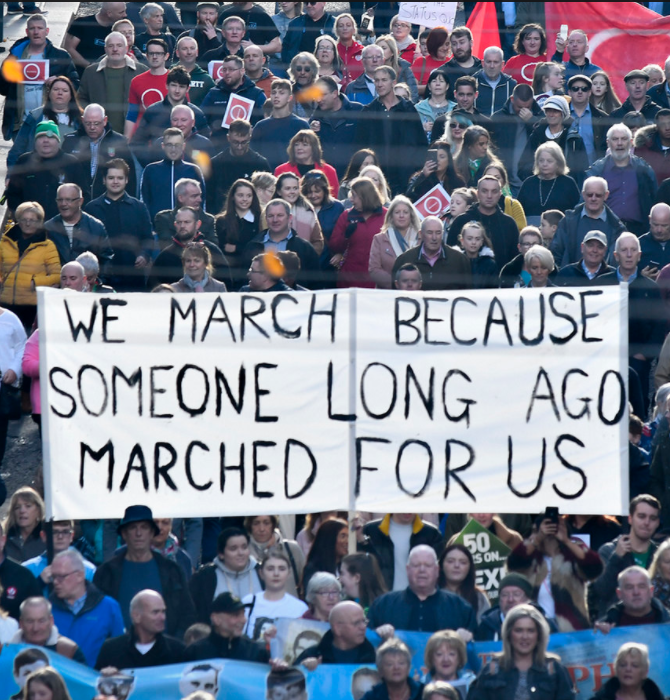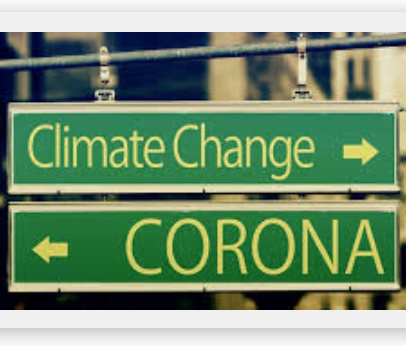By Javier Dichupa, student at the Department of Political Science at the University of Victoria
Civil liberties are essential in the proper functioning of any democracy. The unprecedented scale of the COVID-19 pandemic has exposed the vulnerabilities in our democracies. The situation in Spain and Italy during the peak of their pandemics highlighted the ease in which governments were able to suspend the civil liberties of their people. Questions should be raised regarding what happens when civil liberties are suspended for extended periods and democratic legitimacy.
The suspension of civil liberties in Spain and Italy was justified by the public health crisis occurring. The strict lockdown in these countries undoubtedly saved many lives and slowed the spread of the virus. Furthermore, it bought time for the beleaguered health care systems in their fight against the virus.
Unfortunately, how the governments of Spain and Italy went about enforcing their lockdowns was very problematic. In Spain, crippling fines were threatened and levied against those who broke the new restrictions. As the pandemic progressed, the armed forces were also used to aid the government in enforcing the lockdown. This approach relied heavily on coercion to achieve its objective, and coercion can only ever be used as a short-term solution.
As with Spain, Italy’s approach to enforcing its lockdown was similar. Police and military personnel were heavily relied on to keep people at home. Fines were also used as a tactic to implement the lockdown. Italy was one of the first European countries to face a large-scale outbreak. therefore, it has had to endure one of the longest lockdowns in the Union.
Coercion was a common factor in the Italian and Spanish lockdowns. As such, the use of fear and intimidation to achieve the objectives of the government is dangerous. Coercive force degrades the legitimacy of governments in the eyes of the people. When civil liberties are suspended, people’s right to express themselves is also curbed. Making it difficult for governments to gain insight from their people.
Another unintended consequence of the heavy-handed lockdowns was the effect they had on the poorer members of society. The use of security forces to keep people indoors was especially problematic for those who did not have the option to work from home or were ineligible for benefits. This further stigmatized many groups as they were subsequently forced to use means outside the law to survive. These issues were seen in the less prosperous south of Italy and among the temporary worker communities in Spain.
The decline in civil liberties has far-reaching effects that touch on all parts of society. These reductions make it difficult for people to express themselves, eroding the relationship between the authorities and people. Once civil liberties are reduced or removed, it is very difficult to restore them. As such, the president set regarding the suspension of civil liberties during the COVID-19 pandemic is problematic.
We live in unprecedented times, and the spread of COVID-19 must be stopped if life is to return to normal. We must remain critical of the actions being taken to deal with the virus. Governments need to walk a fine line balancing civil liberties and public health. Though, if they continue to do so while curbing the civil liberties of their people, it could create long term issues for the health of their democracies.
Citations:
Studdert, David M., & Hall, Mark A. “Disease Control, Civil Liberties, and Mass Testing – Calibrating Restrictions during the Covid-19 Pandemic.” The New England Journal of Medicine 1, no. 1 (2020): 1-3. DOI: 10.1056/NEJMp2007637
“Photos and videos reveal brewing unrest in southern Italy as lockdown make people desperate for cash and food.” BuinsessInsider, 25 May. 2020, https://www.businessinsider.com/italians-desperate-for-cash-food-amid-coronavirus-lockdown-2020-4.
“650,000 fined for breaking Spain’s Coronavirus lockdown.” The Olive Press, 25 May. 2020, https://www.theolivepress.es/spain-news/2020/04/13/650000-fined-for-breaking-spains-coronavirus-lockdown/.
Pic: Civil Rights 50th Anniversary March / Photo credit Sinn Féin



